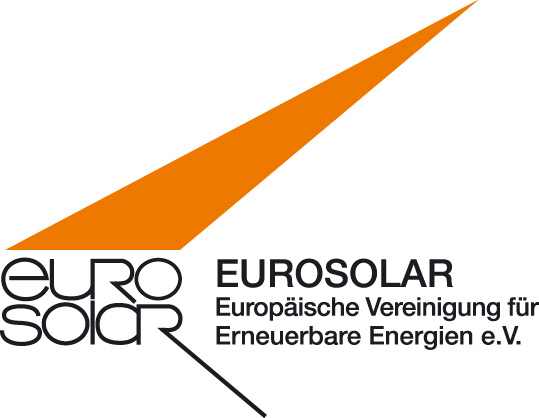Increased use of renewable energy, combined with intensified electrification, could prove decisive for the world to meet key climate goals by 2050. This study from IRENA highlights immediately deployable, cost-effective options for countries to fulfil climate commitments and limit the rise of global temperatures. The envisaged energy transformation would also reduce net costs and bring significant socio-economic benefits, such as increased economic growth, job creation and overall welfare gains.
The report – the second under the Global Energy Transformation banner – expands IRENA’s comprehensive roadmap, which examines technology pathways and policy implications to ensure a sustainable energy future. Ramping up electricity to over half of the global energy mix (up from one-fifth currently) in combination with renewables would reduce the use of fossil fuels, responsible for most greenhouse-gas emissions.
Deep Electrification Powered by Renewables Key for a Climate-Safe Future
Electric vehicles (EVs) hold the key to unleash synergies between clean transport and low-carbon electricity. Just as future transport must be increasingly electrified, future power systems must make maximum use of variable renewable energy sources. Smart charging for EVs minimises their load impact and unlocks the flexibility to use more solar and wind power. This outlook from the International Renewable Energy Agency (IRENA) shows how policy and technological breakthroughs can advance the development of this key enabling technology for renewables. Through smart charging, EV batteries can help to integrate high shares of solar and wind power into existing grids, as battery storage capacity helps to even out the variability of these sources. IRENA’s Renewable Energy Innovation Outlook series analyses emerging developments that are making renewable energy technologies (RETs) increasingly effective and competitive in the world’s energy systems. Each outlook identifies technology-, industry- and policy-related challenges to be overcome and assesses the research needed to scale-up renewable-based solutions.
IRENA, gegründet 2009 in Bonn. Hermann Scheer, treibende Kraft für Gründung der Weltorganisation.
